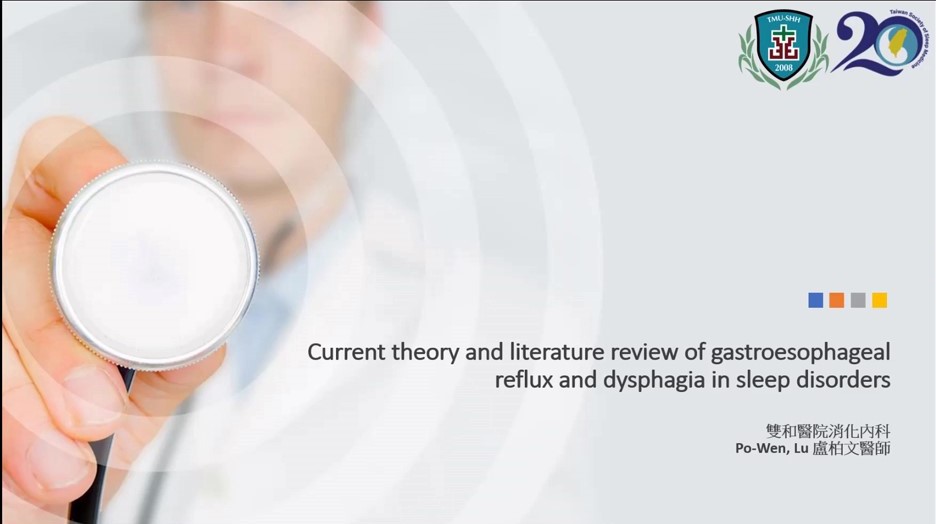
Gastroesophageal reflux (GERD) is associated with ENT disorders and symptoms
and is another risk factor for obstructive sleep apnea syndrome (OSAS). Gastric
emptying during sleep was delayed, esophageal clearance was significantly delayed,
and upper esophageal sphincter pressure was significantly reduced. Studies have
linked OSAS with a high frequency of GERD, resulting from increased intrathoracic
pressure, further contributing to acid reflux episodes. Severe progression of OSAS
also promotes acid reflux, leading to inflammation and even obstruction of the upper
airways. In numerous studies over the past decade, continuous positive airway
pressure (CPAP) therapy has been found to improve sleep quality in patients with
OSAHS and has been shown to improve reflux. And a recent meta-analysis
evaluating the evidence for the relationship between hydrogen ion pump inhibitor
(PPI) therapy (GERD) and improvement in obstructive sleep apnea (OSA) found that
this approach may improve nighttime sleep quality. In addition, more studies are
using polysomnography to record apnea index and 24-hour pH monitoring to record
the frequency of acid reflux and GERD in OSAS patients; additionally, GERD
symptoms are also associated with worsening sleep quality.